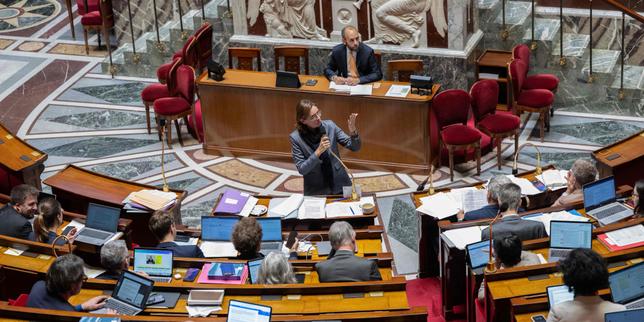2026 French Budget Expands Wealth Tax Base, Targets High-Income and Property Owners
France's 2026 budget reforms expand the wealth tax base beyond real estate and introduce a flat 1% IFI rate, targeting luxury assets and unproductive wealth to boost revenue from high earners.
- • The IFI tax base is expanded to include luxury items like yachts, artworks, and cryptocurrencies.
- • A flat 1% IFI rate replaces the progressive scale, maintaining a €1.3 million threshold.
- • The Contribution Différentielle sur les Hauts Revenus sets a 20% minimum tax for incomes over €250,000.
- • Secondary residence owners benefit from reduced ownership period requirements for capital gains exemption.
Key details
The French government has introduced significant reforms to its wealth taxation system as part of the 2026 budget, aiming to increase revenue from affluent households. In parliamentary discussions, Amélie de Montchalin, the Minister of Public Accounts, outlined several key fiscal measures expected to generate a total revenue surpassing the old wealth tax (ISF) abolished in 2017.
One of the central reforms involves the Impôt sur la Fortune Immobilière (IFI). Originally confined to real estate assets since its inception in 2018, the IFI has now been expanded to include luxury assets such as precious objects, yachts, artworks, airplanes, cryptocurrencies, cash, and uninvested financial placements. This amendment, championed by MoDem deputy Jean-Paul Mattei and approved by a coalition including MoDem, the Socialist Party, and the National Rally, broadens the tax base significantly.
Moreover, the IFI has undergone structural changes: the progressive scale has been replaced with a flat rate of 1% while maintaining the €1.3 million payment threshold, with projected revenues of €3.1 billion in 2026. Additionally, the IFI's transformation into an Impôt sur la Fortune Improductive (tax on unproductive wealth) is expected to yield €500 million, targeting wealth held in non-productive assets.
Other fiscal measures include the extension of the Contribution Différentielle sur les Hauts Revenus (CDHR), setting a minimum tax rate of 20% for households earning over €250,000, estimated to bring in €1.5 billion in 2026. Taxes on holdings have been narrowed to target specific luxury assets, projected to generate between €100 million and €200 million. An amendment also encourages reinvestment into the French economy by exempting certain capital gains from tax, potentially yielding several hundred million euros.
Alongside these taxation changes, property-related measures now allow French departments to raise transfer duties for three years starting April 1, although some departments have opted not to increase notary fees, emphasizing that tax hikes should not be automatic.
In a move welcomed by secondary residence owners, deputies passed a measure reducing the required ownership duration to qualify for full capital gains tax exemption upon sale, easing the fiscal burden on these property owners.
However, the budget's approval faces hurdles, with over 2,000 amendments still under review and debate progress slow, leading experts like Benjamin Morel from the University of Paris-Panthéon-Assas to warn that on-time passage of the budget is becoming unlikely given constitutional timeframes.
These reforms mark a comprehensive overhaul of France's wealth taxation regime, aiming to target unproductive wealth more effectively and encourage investment while increasing tax revenues from the wealthiest segments of the population.
This article was translated and synthesized from French sources, providing English-speaking readers with local perspectives.
Source articles (5)
Source comparison
Latest news
France Returns the Djidji Ayôkwé Talking Drum to Côte d'Ivoire After Over a Century
Record 37 Days of Rain Triggers Ongoing Severe Flooding in Western France
Political Divisions and Social Tensions Intensify Following Quentin Deranque’s Death in Lyon
French Economy Minister Calls for Full Insurance Industry Mobilization Amid Devastating Storm Floods
France Boosts Social and Solidarity Economy with New Tools and Potential Tax Reforms in 2026
Saint-Nazaire Mayor Condemns Vandalism of Two Political Offices as Attack on Democracy
The top news stories in France
Delivered straight to your inbox each morning.



